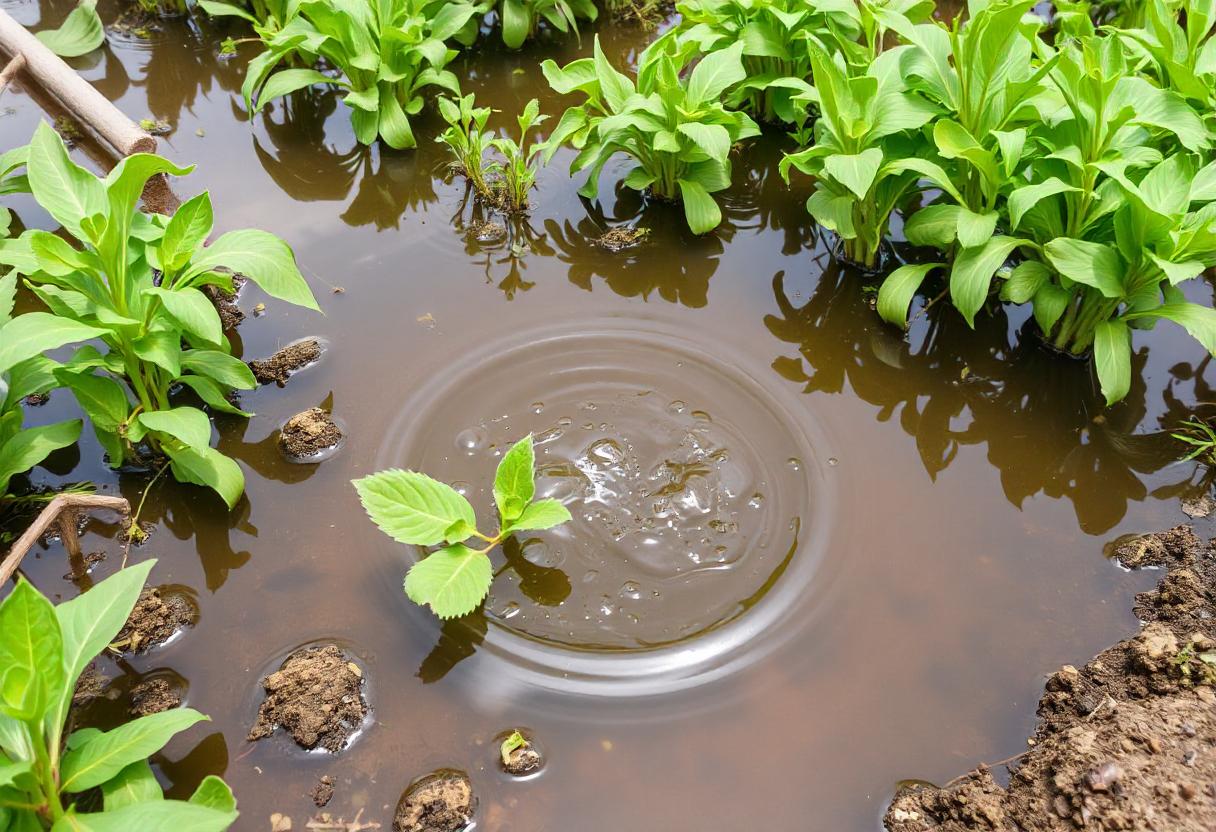
Water is a critical resource for agriculture, playing a vital role in the growth and sustainability of crops and livestock. Effective water management practices are necessary to ensure the health of agricultural ecosystems and maximize the productivity of farms. Agricultural water refers to the use of water for the cultivation of crops, raising livestock, and other farming-related activities. This article explores the various aspects of agricultural water, including sources, usage, and management techniques.
Sources of Agricultural Water
Agricultural water comes from multiple sources, each playing a significant role in different regions and farming practices:
- Surface Water: Rivers, lakes, reservoirs, and ponds are major sources of surface water used in agriculture. This type of water is easily accessible and can be channeled through irrigation systems.
- Groundwater: Water stored in aquifers beneath the earth’s surface is drawn using wells. Groundwater is a common source for irrigation, especially in areas with limited surface water.
- Rainwater: Farmers often rely on natural rainfall to water their crops, though this can be unpredictable and unevenly distributed depending on the season and location.
- Treated Wastewater: In some regions, treated wastewater from domestic or industrial sources is used for irrigation. This practice is gaining popularity due to water scarcity concerns.
Importance of Water in Agriculture
Water is essential for the growth and development of crops and livestock. For plants, water is required for photosynthesis, nutrient absorption, and temperature regulation. Adequate water supply ensures that crops grow healthy and yield better harvests. For livestock, water is necessary for hydration, digestion, and overall health.
- Crop Growth: Crops need a consistent water supply for optimal growth. Water helps transport essential nutrients from the soil to the plant roots.
- Livestock Needs: Animals, such as cattle, sheep, and poultry, need fresh water for drinking and to maintain body functions. Insufficient water intake can lead to stress and illness in livestock.
- Soil Health: Water helps maintain soil moisture, which is critical for maintaining the structure and fertility of soil. Well-watered soil supports root growth and prevents erosion.
Irrigation Methods in Agriculture
Farmers use different irrigation techniques to manage water supply for their crops. Choosing the right method depends on factors like soil type, crop needs, and local climate conditions.
- Drip Irrigation: In drip irrigation, water is delivered directly to the plant’s roots through a network of tubes and emitters. This method conserves water by reducing evaporation and runoff.
- Sprinkler Irrigation: Sprinkler systems spray water over crops in a manner similar to rainfall. They are widely used for watering large fields.
- Flood Irrigation: In flood irrigation, water is allowed to flow freely across the land, soaking the soil. This method is less efficient but remains common in certain regions.
- Furrow Irrigation: Furrow irrigation involves channeling water between rows of crops. This method is simple but can lead to water waste through runoff.
Challenges of Agricultural Water Use
Agricultural water faces several challenges, primarily due to the increasing demand for water and the effects of climate change. Farmers must balance water needs with environmental concerns.
- Water Scarcity: Many agricultural regions experience water shortages, either due to natural conditions or over-extraction of resources. Groundwater levels are declining in areas with high agricultural activity.
- Climate Change: Changing weather patterns have led to unpredictable rainfall, prolonged droughts, and extreme weather events. These factors complicate water management for farmers.
- Water Pollution: Agricultural runoff, including pesticides and fertilizers, can contaminate water sources. Polluted water may harm ecosystems and reduce the quality of water available for farming.
- Over-Irrigation: Excessive irrigation can lead to waterlogging, soil salinization, and nutrient depletion. Efficient irrigation practices are needed to avoid these issues.
Sustainable Agricultural Water Management Practices
To address the challenges associated with agricultural water, farmers are adopting more sustainable water management practices.
- Water Conservation Techniques: Farmers can reduce water usage through conservation methods such as rainwater harvesting, mulching, and crop rotation. These practices help to maintain soil moisture and improve water efficiency.
- Improved Irrigation Systems: Using modern, efficient irrigation systems like drip irrigation can significantly reduce water waste and ensure that crops receive the appropriate amount of water.
- Soil Management: Healthy soil retains water better and supports crop growth with less irrigation. Practices such as adding organic matter and minimizing tillage help improve soil structure and water retention.
- Monitoring and Planning: Precision agriculture technologies allow farmers to monitor soil moisture, weather conditions, and crop water needs in real time. This helps optimize water use and minimize waste.